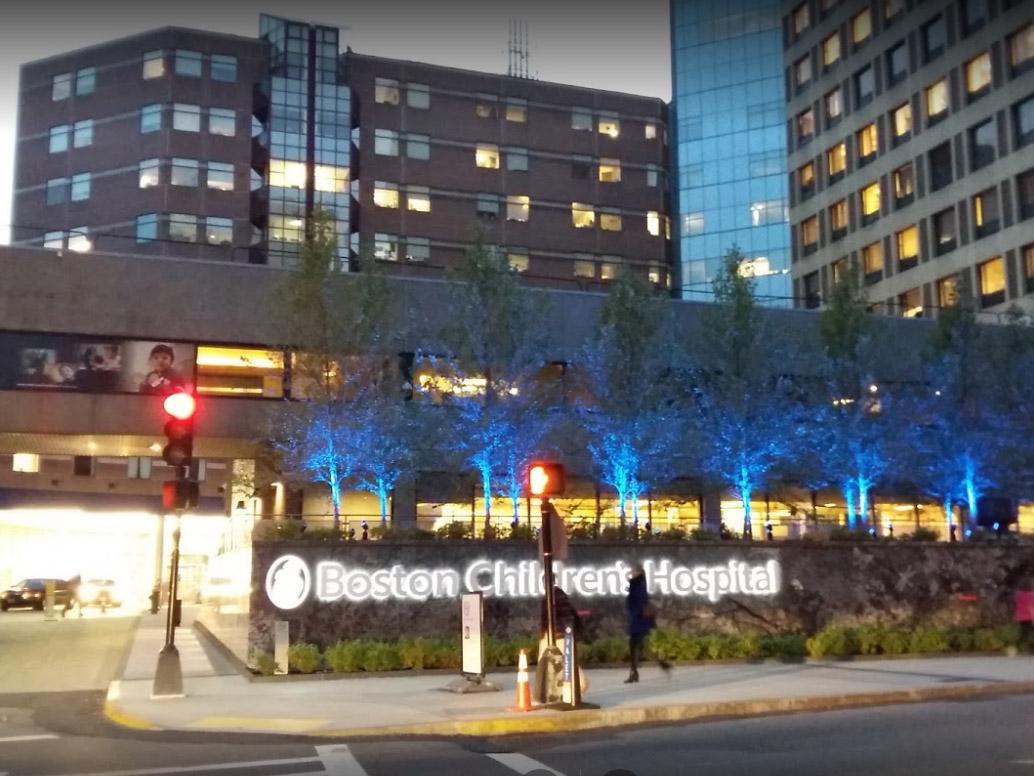Boston Children's Hospital protests deportation of leading Iranian cancer researcher with valid visa
Mohsen Dehnavi, his wife and three children detained by immigration officials at Logan International Airport before being flown back to Tehran

Your support helps us to tell the story
From reproductive rights to climate change to Big Tech, The Independent is on the ground when the story is developing. Whether it's investigating the financials of Elon Musk's pro-Trump PAC or producing our latest documentary, 'The A Word', which shines a light on the American women fighting for reproductive rights, we know how important it is to parse out the facts from the messaging.
At such a critical moment in US history, we need reporters on the ground. Your donation allows us to keep sending journalists to speak to both sides of the story.
The Independent is trusted by Americans across the entire political spectrum. And unlike many other quality news outlets, we choose not to lock Americans out of our reporting and analysis with paywalls. We believe quality journalism should be available to everyone, paid for by those who can afford it.
Your support makes all the difference.An Iranian cancer researcher who had been headed to a prominent Boston hospital to work as a scholar was sent back to his country on Tuesday, a day after US immigration officials detained him and his family, media said.
Mohsen Dehnavi, his wife and three children were put on a return flight at about 9pm after being detained late on Monday at Logan International Airport, the Boston Globe said, citing Stephanie Malin, a spokeswoman for US Customs and Border Patrol.
The detentions were apparently unrelated to President Donald Trump's executive order temporarily banning travellers from six majority-Muslim countries, according to Boston Children's Hospital and immigration law specialists, who said Dehnavi had a valid entry visa.
“Based on what we know, it's not travel-ban related. It's probably something much more stupid than that,” said Susan Church, chair of the New England chapter of the American Immigration Lawyers Association.
“The rules say if you have a valid visa you have to be let in,” she told Reuters.
A spokesman for US Immigrations and Customs Enforcement did not immediately respond to telephone calls and emails to seek comment.
Two weeks ago, the US Supreme Court upheld a revised version of Trump's ban on travellers from Iran, Libya, Somalia, Sudan, Syria and Yemen, though it excluded visitors with a “bona fide” family tie. The executive order itself did not apply to travelers with valid visas.
During the 2016 presidential campaign, Trump had called for a “complete and total shutdown” of Muslims entering the United States, a move he called necessary to protect national security in the wake of attacks at home and abroad by Islamist extremists.
Opponents of the idea called it a violation of the US Constitution's protections for free expression of religion.
Trump's initial January version of the order, which also applied to Iraq, caused a weekend of chaos at US airports as travellers were turned away upon arrival and crowds of thousands turned out to protest against the move.
Reuters
Join our commenting forum
Join thought-provoking conversations, follow other Independent readers and see their replies
Comments